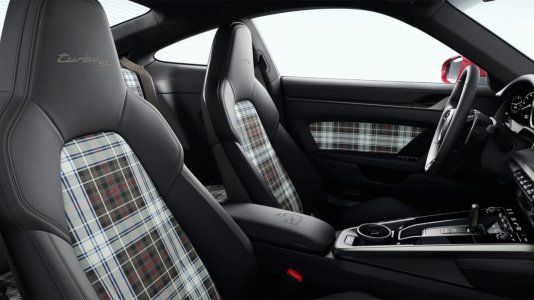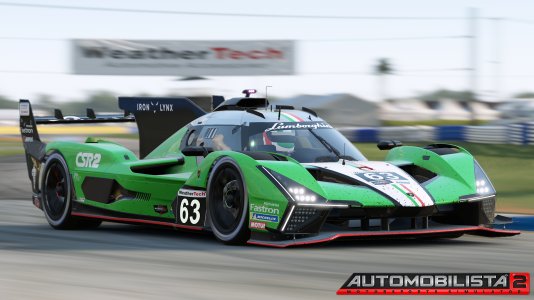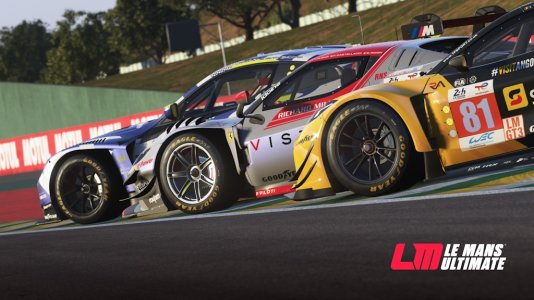Davide Nativo
Premium
High Tension in the Eifel forests.
Last summer we wrote about the record-breaking lap set by Romain Dumas in the Volkswagen I.D. R at Pikes Peak. The electric prototype climbed over 4,720 feet (1,440 mt) in 7'57''148, in a jaw-dropping performance that literally smashed the competition. If you haven’t, go watch the on-board video we featured in our dedicated article.
Now, Wolfsburg decided to sharpen its teeth on German soil, precisely at the legendary Green Hell - the Nordschleife. The layout used will be 22,835 km long (14,19 mi), and for the I.D. R to mark a new record it must be lapped in less than 6’45’’90, which is the time set by the NIO EP9 in 2017. For this to be done, the VW will need to go through a few modifications needed to adapt the prototype to this very different challenge, compared to its previous feat at Pikes Peak.
François-Xavier Demaison, Technical Director at Volkswagen Motorsport, commented:
Above all, we will modify the aerodynamics of the ID. R, in order to cope with the conditions on the Nordschleife, which differ greatly from those on Pikes Peak"
Since the I.D. R already managed to race full throttle for almost 8 minutes at very high altitudes, it is almost certain it will have no problem tackling this challenge too. It is to be seen however, how fast it will manage to go. Reason why we say that is because expectations are high not only for the competition set by the NIO, but also from their sister company with the Porsche 919 EVO. Will the I.D. R be able to beat the Stuttgart prototype too?
Sven Smeet, Volkswagen Motorsport Director, said:
"After the record on Pikes Peak, the fastest time for electric cars on the Nürburgring-Nordschleife is the next big challenge for the ID. R. A lap record on the Nordschleife is a great accolade for any car, whether a racecar or a production car".
The record attempt will be held this summer, according to plans, with Romain Dumas again at the wheel. What awaits him is no small task either, and he surely feels the pressure already. In his own words:
"The thought of driving the ID. R on the Nordschleife is already enough to give me goose bumps. I know the track very well, but the ID. R will be a completely different challenge, with its extreme acceleration and huge cornering speeds. I can hardly wait for the first tests. Breaking the existing electric record will certainly not be a stroll in the park"
Like what we do at RaceDepartment? Follow us on Social Media!
What are your predictions? Will the I.D. R be again successful? Let us know in the comments below!
Last edited:









